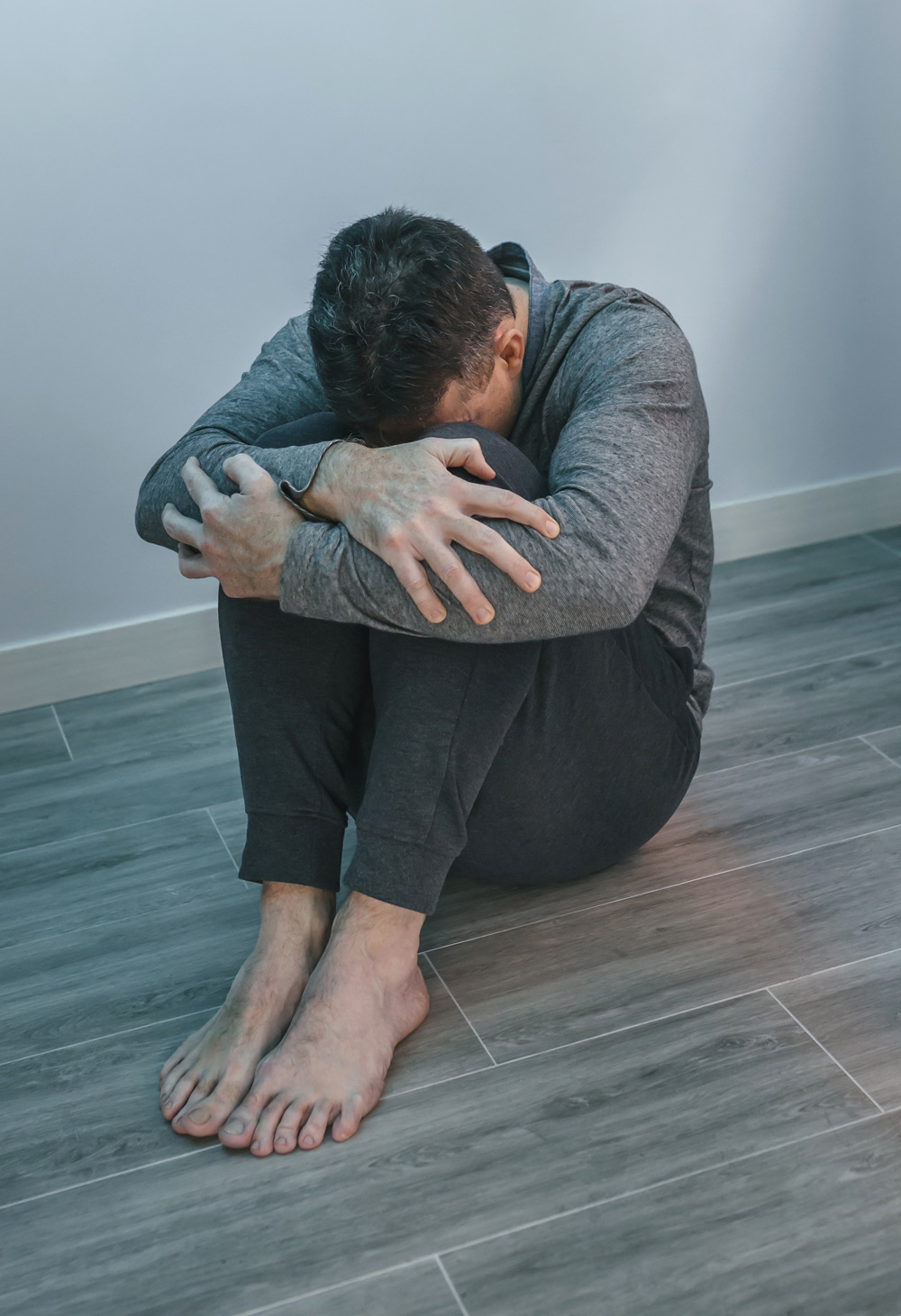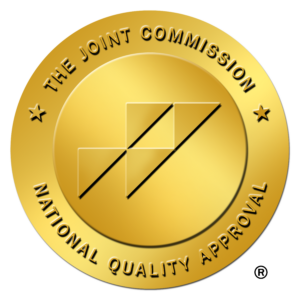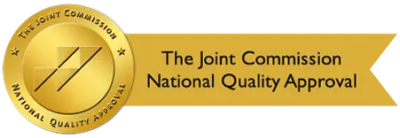The Hidden Toll of Social Isolation Its Effects on Addiction and Mental Well-Being
The Hidden Toll of Social Isolation Its Effects on Addiction and Mental Well-Being
Social isolation, the state of being separated from social contact, has become an increasingly prevalent concern in modern society. While it may seem like a simple matter of being alone, its effects on mental health and addiction can be profound. Studies indicate a growing trend of loneliness and isolation, with a significant percentage of adults reporting feelings of social disconnection.
According to a study, nearly one-fourth of adults aged 65 and older are considered socially isolated. This isolation can create a breeding ground for mental health disorders and increase vulnerability to substance use. As individuals withdraw from social connections, feelings of hopelessness, anxiety, and stress can intensify. The absence of a strong support network may drive some individuals toward self-destructive coping mechanisms, such as substance use. Understanding the connection between social isolation, mental health, and addiction is essential to exploring the underlying factors and finding solutions to combat this pervasive issue.
The Connection Between Social Isolation and Mental Health
Social isolation can significantly contribute to or exacerbate mental health conditions like depression and anxiety. When individuals lack regular social interaction, feelings of loneliness, hopelessness, and worthlessness often arise. These feelings can disrupt the delicate balance of brain chemistry, leading to increased stress responses and a heightened risk of mental health disorders.
A study found that social isolation can increase the risk of depression by 50%. Loneliness—defined as a subjective feeling of lacking meaningful social connections—has been linked to increased levels of cortisol, the stress hormone, and decreased immune function. Prolonged exposure to these imbalances can worsen mental health conditions, making recovery more challenging. In some cases, social isolation can even increase the risk of suicidal ideation, particularly among individuals with preexisting mental health concerns.
Social Isolation and Physical Health
In addition to its mental toll, social isolation also significantly impacts physical health. Studies have shown a strong correlation between prolonged isolation and increased risk of cardiovascular disease, weakened immune systems, and even premature mortality. For example, research indicates that social isolation can be as detrimental to health as smoking 15 cigarettes a day.
The body’s stress response, when chronically activated by isolation, can lead to inflammation, contributing to the development of various physical ailments.
Social Isolation as a Risk Factor for Addiction
Social isolation can drive individuals to seek solace in substances as a way to cope with emotional pain and loneliness. The temporary relief provided by drugs or alcohol can create a dangerous cycle of dependence. Isolation also poses a significant challenge during addiction recovery, as the lack of social support can increase the risk of relapse. A report from the Substance Abuse and Mental Health Services Administration (SAMHSA) highlights the importance of social support in addiction recovery.
Individuals who are isolated may lack the necessary support to navigate triggers and cravings, making them more vulnerable to relapse. Additionally, feelings of loneliness can amplify emotional pain, pushing individuals further toward substance use as a coping mechanism. Isolation may also decrease an individual’s exposure to positive social influences that encourage sobriety and healthy coping strategies.

Factors Contributing to Social Isolation
Several factors contribute to social isolation in today’s society:
Technological Advancements: While technological advancements offer new ways to connect, they can also lead to increased screen time and reduced face-to-face interaction. The rise of remote work, social media, and digital communication has changed how people interact, often reducing meaningful in-person connections.
Life Transitions: Major life transitions—such as job loss, relocation, or retirement—can disrupt social networks and lead to feelings of isolation.
Loss and Relationship Breakdowns: The loss of loved ones or the breakdown of relationships can lead to social isolation.
Chronic Illness and Disability: Chronic illness or disability can limit social participation, exacerbating feelings of isolation.
Societal Factors: Stigma and discrimination, though not addressed in detail here, can also cause social isolation. Vulnerable populations, including older adults, individuals with disabilities, and marginalized communities, are particularly at risk.
Strategies for Combating Social Isolation
Social isolation can be addressed through various methods:
- Community and Social Engagement: Promoting community involvement and social activities can provide opportunities for meaningful connections. Volunteering, joining local clubs, or participating in group activities helps build social bonds.
- Technology and Balanced Connection: While technology can connect individuals, it is essential to balance it with face-to-face interactions. Virtual support, video calls, and social platforms can be helpful but should not replace in-person connections.
- Seeking Professional Support: Professional help and support groups offer tools to overcome isolation. Therapists and counselors help individuals develop coping strategies and social skills. Support groups provide peer connections and mutual understanding.
- Healthy Coping and Relationships: Developing healthy coping mechanisms, such as exercise and mindfulness, is crucial. Building and maintaining healthy relationships provides emotional support and reduces isolation.
Resources and Support
It’s important to be aware of the signs and symptoms of BDD, both in yourself and others:
The National Alliance on Mental Illness (NAMI): Provides support and resources for individuals and families affected by mental illness.
The Substance Abuse and Mental Health Services Administration (SAMHSA): Offers information and support for individuals and families facing substance use and mental health disorders.
Verify Your Coverage Here
Social connection is essential for mental health and addiction recovery.
Recognizing the impact of social isolation and taking proactive steps to combat it can make a significant difference. Isolation is not insurmountable—help is available. By prioritizing social connections and seeking support when needed, individuals can build healthier, more fulfilling lives.
"*" indicates required fields







